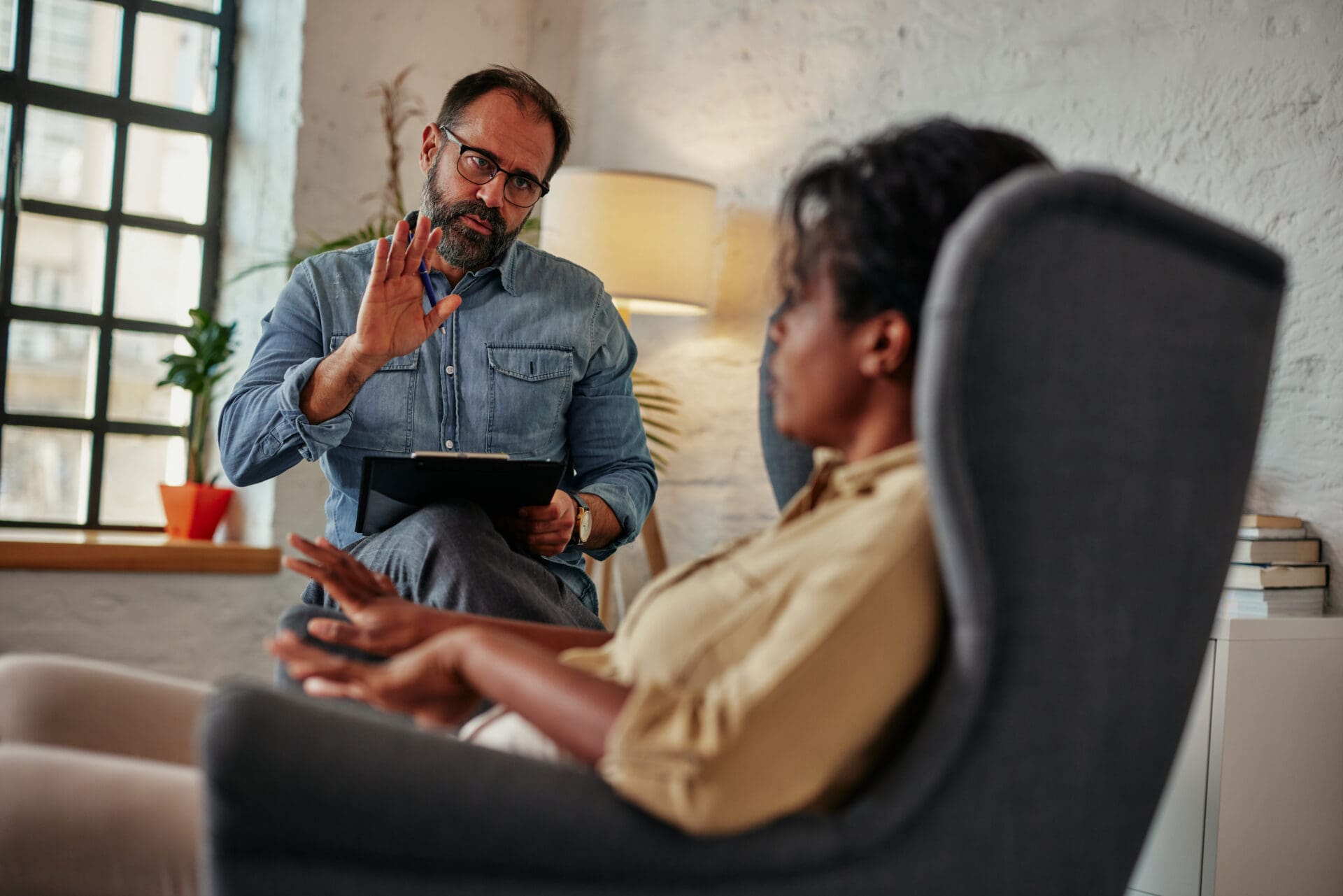When envisioning the sort of ongoing support a recovering addict might receive during aftercare, the general perception is of group therapy, a support group setting where people sit in a circle and share their feelings or tell their stories to one another to strengthen one anothers’ resolve. And the support group setting is a valuable asset for many addicts in recovery, but it is not the only level of support available. Many addicts will also, or instead of, receive individual counseling, meeting with a professional therapist or other doctor who can offer support and guidance to the addict.
The benefits of individual counseling in aftercare are endless if the patient simply takes advantage of the opportunity.
Aftercare is an important necessity for the recovering addict upon leaving rehab, but what form aftercare takes can differ from person to person. There are numerous ways the addict can continue to receive attention, support and care for their addiction and avoid relapse, including group meetings, support groups and other such options.
But there is also the option of individual counseling, which can be an invaluable element of aftercare for the recovering addict. In such a setting, the patient meets with a therapist or other health professional in a one-on-one manner, which offers different benefits than a group setting does.
Much of the difference comes from the intimacy of the situation. Unlike a group setting, which can have a shifting roster of attendees, in individual counseling the patient will meet with the same person every time, which can foster greater trust and a more comfortable rapport between the addict and the therapist. This makes it easier for them to share more intimate details and personal struggles than they might in front of a crowd of near-strangers. And a greater sharing makes for greater support for problems that might be ignored without the prompting of therapy.

Individual therapy also makes it easier for the patient to get advice and support for such problems. In a group setting, the patient is getting support from multiple people, it’s true, but while they may have personal experience with such situations, they likely don’t have a clinical background that can offer specialized care and treatment. Group support is great, but there is also a place for expertise and professional assistance, too.
And it works. Patients who receive individual counseling in aftercare are less likely to relapse than addicts who forego such treatment. Individual counseling is a proven benefit for those who receive it, helping them cope with cravings and better maintain their sobriety.
At Good Landing Recovery, aftercare is a vital part of the experience just as much as rehab itself and individual counseling during recovery is one of many services the program offers to patients. At Good Landing, the benefits of such counseling are emphasized and encouraged for each patient who might need its personal touch to better reach a more lasting recovery.
There are many ways to receive aftercare during recovery, and they are excellent tools in reaching greater results.

